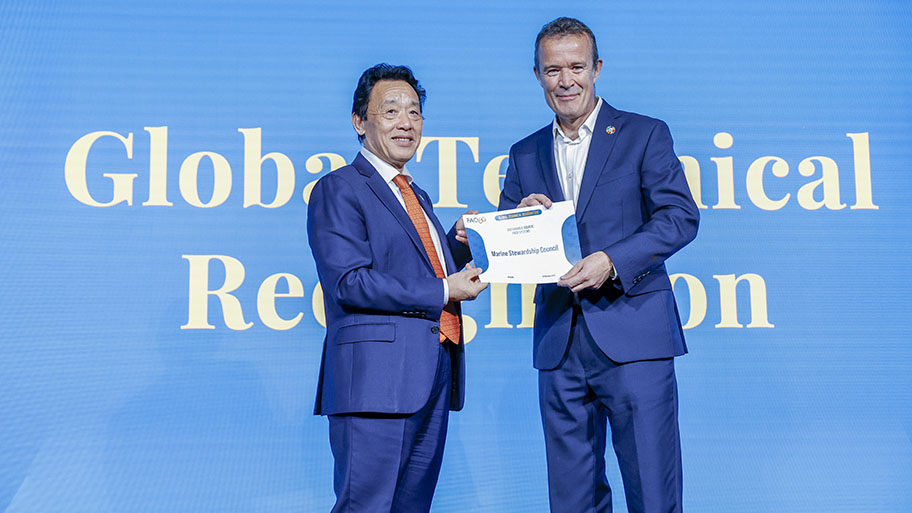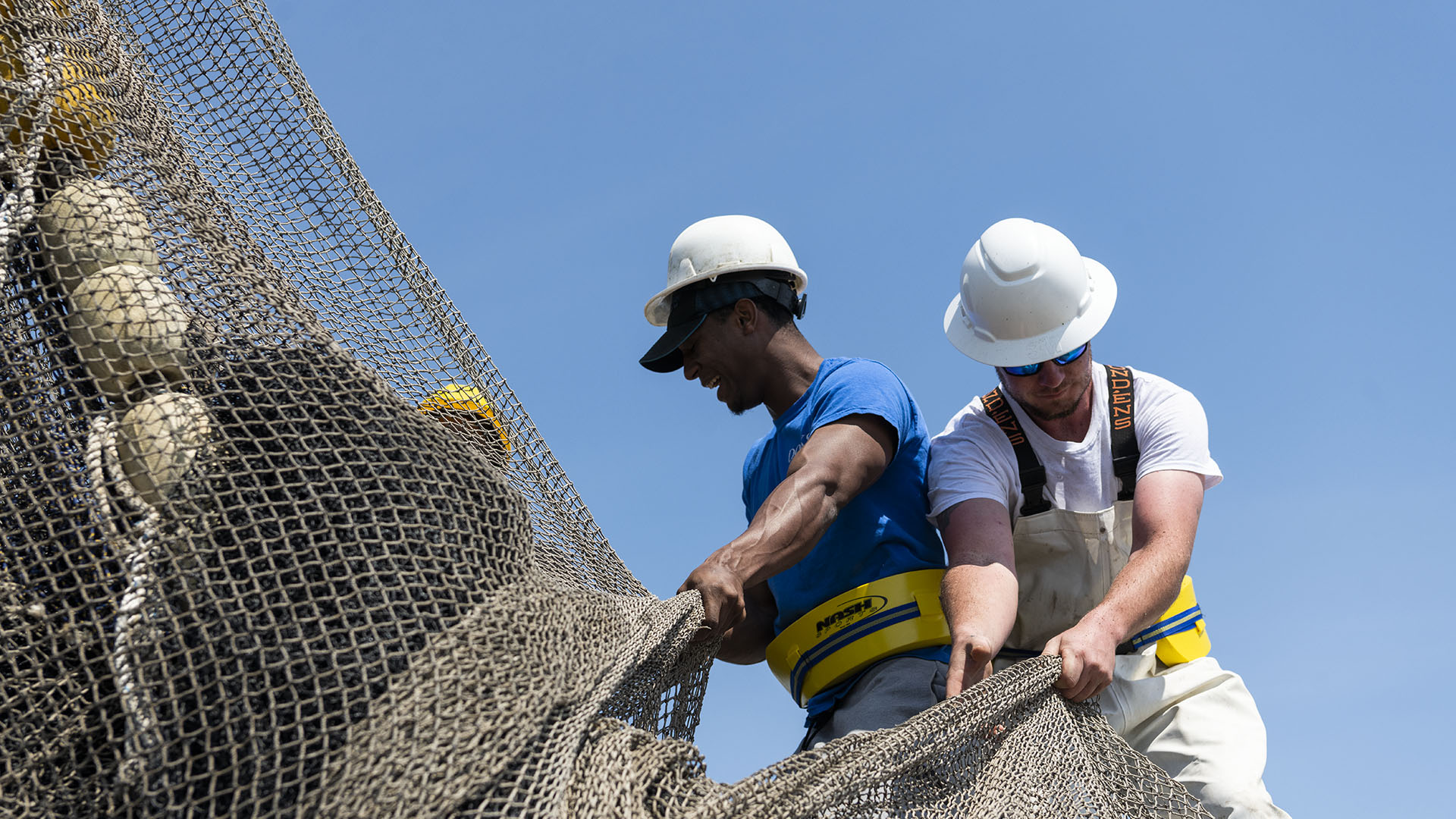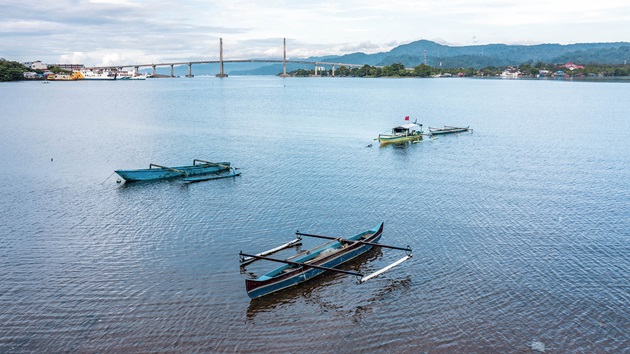The MSC has been recognised by the Food and Agriculture Organization of the United Nations (FAO) for its contribution to responsible and sustainable fisheries management.
The recognition was announced in Rome during the World Food Forum, at the FAO's first Global Technical Recognition Ceremony, an event celebrating organisations demonstrating technical leadership, innovation, and best practices in transforming agrifood systems worldwide.
The event coincided with the FAO’s 80th anniversary and the 30th anniversary of the Code of Conduct for Responsible Fisheries.
Adopted in 1995 by 160 countries, the FAO Code remains the most comprehensive global framework for ensuring the sustainable and responsible use of fishery resources. Building on its principles, the MSC was launched in 1997 to tackle overfishing and promote sustainable seafood practices. The MSC Fisheries Standard, introduced in 1998, was developed through 18 months of international consultation involving over 300 scientists, academics, and organisations.
Today, 738 fisheries across 63 countries, representing 20.7% of the global marine catch, are engaged with the MSC program. To be certified, fisheries must demonstrate healthy fish stocks, minimal environmental impact, and strong management systems. Certified operations range from small-scale coastal fisheries to large industrial fleets, using diverse methods such as trawling, longlining, handlining, pot and trap, and pole and line fishing.

At the ceremony, the MSC was honoured in the category of Sustainable Aquatic Food Systems, with the award presented by FAO Director-General, Qu Dongyu, and Director of the FAO’s Fisheries and Aquaculture Division, Manuel Barange.
Rupert Howes, MSC Chief Executive said: “This award from the FAO recognises not just the MSC but also all the fishers, retailers, processors and other stakeholders whose dedication to sustainability is driving change on the water. This week marks 30 years since the FAO’s Code of Conduct for Responsible Fishing was created and the MSC and our partners can rightly be proud of all we have achieved in that time. As we look ahead to the 2030 and delivery of the UN's Sustainable Development Goals, there is still more important work to do together to secure a thriving ocean and safeguard seafood supplies for this and future generations.“


